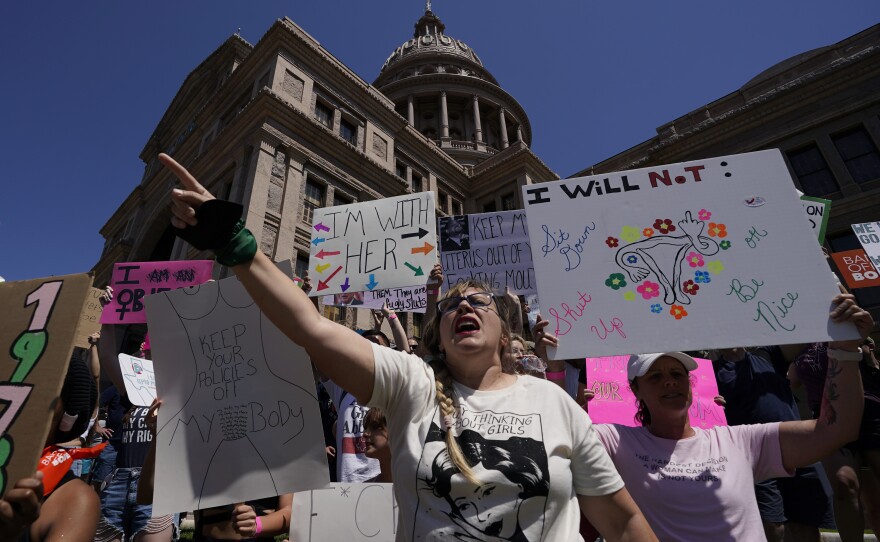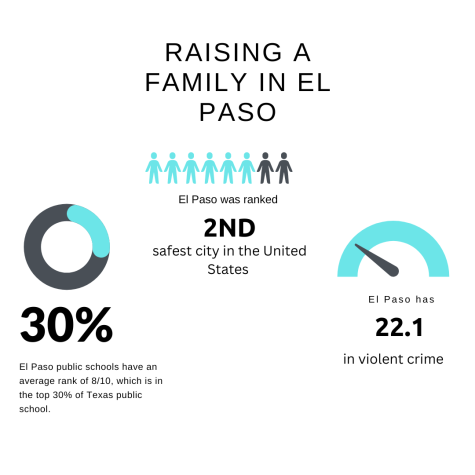Texas Abortion Trigger Law Goes Into Effect
The removal of constitutional protection abortion has caused protests nationwide.
Forty-nine years of justice, control, and women’s authority over their bodies has come to an end, as Texas sets laws against the practice of abortions.
Roe v. Wade was a lawsuit based in Dallas, Texas, for the purpose of allowing states to legalize abortions. Jane Roe, a fictional name used to protect the prosecutor’s identity, filed a lawsuit against Henry Wade, the district attorney of the Dallas County. She challenged a law in Texas that stated that abortion was illegal with the exception of specific cases where the woman’s life was at risk if an abortion was not performed. On January 22, 1973, the Supreme Court settled the decision of legalizing abortions for the purposes of the U.S. Constitution.
Despite disagreements and controversies over the decision, women were finally allowed to decide what it was they wanted to do with their bodies.
It was not until September 1, 2021, that abortion became illegal in Texas once embryonic cardiac activity can be detected, meaning that 5-6 weeks after a woman became pregnant, they were not allowed to have an abortion performed on them. Many women protested this regulation, stating that many aren’t aware they are pregnant when they’re five or six weeks along. As of September 2021, many legal challenges were pending in state and federal courts.
On July 24, 2022, abortion was banned in Texas with the overturning of Roe v. Wade with the Dobbs v. Jackson Women’s Health Organization case. Dobbs v. Jackson was a decision made by the Supreme Court, in which they settled that the U.S. Constitution in fact, does not confer the right to abortion. Texas had a trigger law, a law that is unenforceable but may achieve enforceability if a key change in circumstances occurs, set in place that would automatically ban abortion in the state 30 days after Roe v. Wade was overturned. The trigger law has been put into effect as of August 25, 2022.
Unless a woman is in a life-or-death situation, abortion will no longer be an option for her.
Women now have to suffer the pain of going through unwanted pregnancies, and/or risk their lives by performing illegal abortions or go to a state that may permit it. The new laws offer no exceptions for rape, incest, or fetal anomalies.
Women who have been left with incomplete miscarriages, placental problems, abnormal pregnancies, etc. are also facing the fear of not knowing whether they are still allowed to abort the baby.
According to Bloomberg Law, hospitals and doctors are ‘struggling to toe the line between providing life-saving measures for women and wading into a legal gray area that’s emerged in the absence of abortion rights.’
If they perform an abortion on a “disapproved” patient, both the patient and the doctor can be faced with up to a $100,000 fine as well as years in jail.
This decision has limited women’s control over their bodies and has increased the role the government has into their rights. Beyond abortion, this case sets an important precedent when it comes to rights granted by the ninth amendment.











